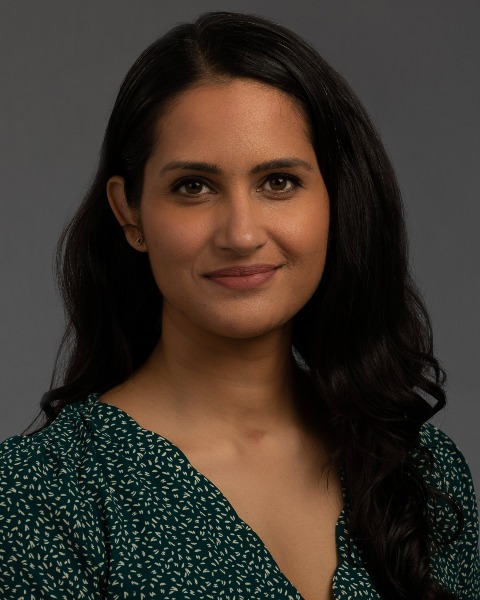Amplification and Assistive Devices (AAD)
PP315 - Self-Reported Listening Effort as an Outcome Measure in Self-Fitting Over-the-Counter Hearing Aids

Uzma Akhtar, PhD, AuD
Assistant Professor
Rush University Medical Center
Rush UniversityDisclosure(s): No financial or nonfinancial relationships to disclose.
- JS
Jasleen Singh, AuD; PhD (she/her/hers)
Northwestern University
Disclosure(s): HP Inc: Consultant (Terminated, December 31, 2022)
.jpg)
Sumitrajit Dhar, PhD
Professor and Chair
Northwestern University
Evanston, IllinoisDisclosure(s): No financial or nonfinancial relationships to disclose.
Lead Presenter(s)
Contributor(s)
Over-the-Counter (OTC) hearing aids were first introduced in 2016 and have recently become available for treatment of mild to moderate hearing loss in adults (FDA, 2022). Although various outcome measures related to speech intelligibility have been previously described, here we examined a perceptual measure of listening effort in noisy environments as an ecologically valid outcome measure for older adults who were enrolled in a self-fitting OTC hearing aid trial.
Summary:
Over-the-Counter (OTC) hearing aids have been proposed as a cost-effective solution for adults with perceived mild to moderate hearing loss. Although extensive research has examined the benefits of traditional hearing aids using various outcome measures including the Hearing Handicap Inventory for Adults/Elderly (Ferguson et al, 2017), less is known about benefits of OTC hearing aids. Additionally, previous studies have focused on objective metrics of speech intelligibility and maximizing audibility and less on perceptual benefits such as reduced fatigue and listening effort (Pichora-Fuller et al, 2016; Slaney et al, 2020). Therefore, the rationale for this study comes from the gap of knowledge regarding unaided and aided listening effort in adults who pursue and use OTC hearing aids.
In order to investigate this topic, listening effort was assessed as part of a larger randomized control trial to measure individuals’ attitudes and behaviors towards hearing loss and hearing aids before and after a trial with Bose SoundControl self-fitting OTC hearing aids. Adults aged 50 years and older were recruited from the Rush University Medical Center in Chicago, Illinois. After screening for hearing loss and cognitive impairment, participants were randomly assigned to treatment or waitlist-control groups and completed 2 or 3 study sessions, respectively.
All participants rated their effort level for listening to speech in noisy environments before receiving the hearing aids and after a 30-day trial. Participants were instructed to use the provided instruction booklets to fit the hearing aids using their own smartphone or tablet and use the hearing aids for a minimum of 4 hours/day. Data collection is ongoing and is expected to be finished by Winter 2024. Results will be discussed as they relate to self-reported listening effort of adults who tried OTC hearing aids, as well as the clinical implications for determining candidacy and benefit of direct-to-consumer OTC hearing aids.
Learning Objectives:
- discuss the role of listening effort as a potential outcome measure in monitoring treatment efficacy of OTC hearing aids
